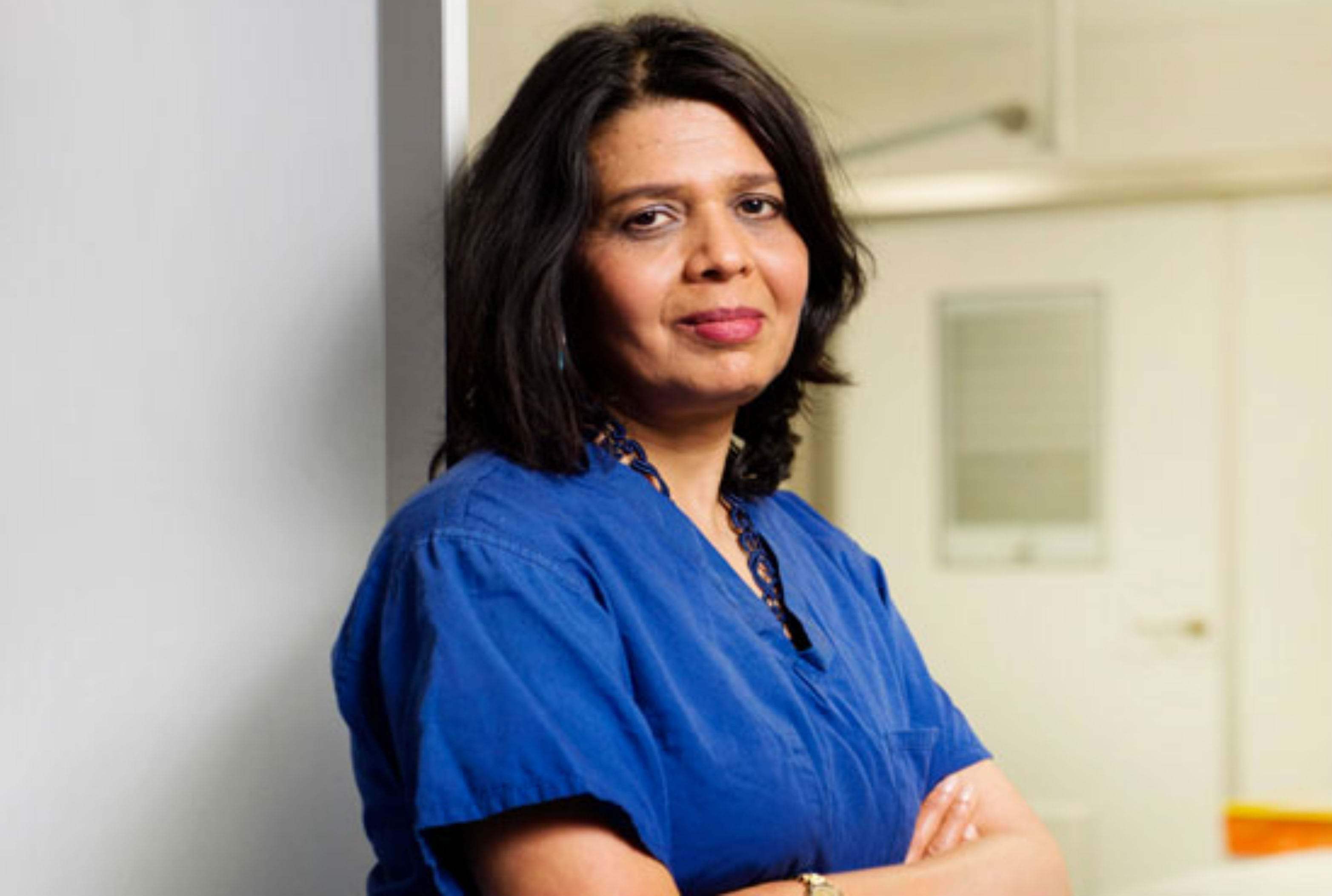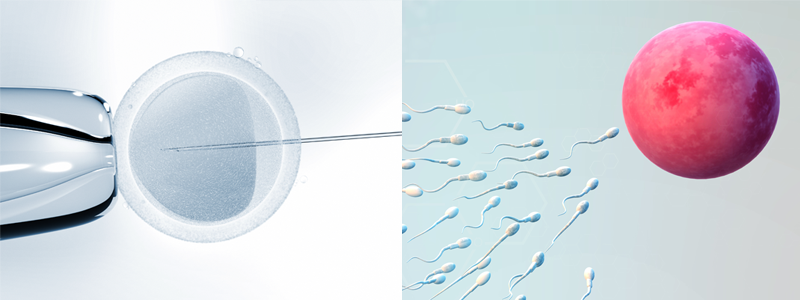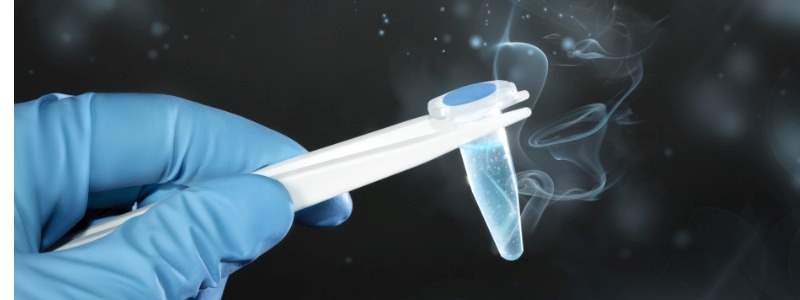If you are planning to have a baby, there are things to consider and many things that may help to improve your chances.
Lifestyle
Female Partner:
Maintaining a healthy lifestyle is important for maximising the chances of a successful pregnancy. The most important factor within your control is your weight, and keeping a healthy BMI of 19 to 25 is advisable; one study revealed that overweight women took twice as long to fall pregnant as women of a healthy weight, while underweight women took 4 times as long. Taking regular exercise not only helps to maintain a healthy weight but also improves overall health, as does eating a healthy balanced diet. Smoking should be abandoned and alcohol consumption severely curtailed, as these are bad both for conception and for the health of foetuses. Caffeine consumption should be reduced to less than 200 milligrams per day. In terms of supplementation, it is recommended that women planning to have a baby take 400 micrograms of folic acid per day. Other supplements are not required.
Male Partner:
For the male partner, similar advice applies in terms of maintaining a healthy weight, exercising, not smoking and reducing alcohol/caffeine consumption. Because sperm is produced constantly in men, it is usually only up to 3 months old at any time. Therefore, a man’s lifestyle for the previous 3 months will have an impact on his sperm count and quality. Eating a healthy diet including fresh fruit and vegetables, whole grains and legumes can help with maximising sperm count. Avoiding overheating of the scrotal area has long been pointed out as an important factor, although the jury is still out on whether overheating is actually detrimental to fertility. Erring on the safe side, it may be best to avoid tight underwear, sitting with a laptop and indulging in too many hot baths. The average sperm count and quality has greatly diminished in the past 50 years due to xenoestrogen exposure. Xenoestrogens are chemicals that mimic the effects of oestrogen and are found in plastics, pesticides and industrial pollutants. Exposure to these can be minimised by avoiding plastic food/drink packaging, fried and fatty foods and chlorinated water and eating as much organic food and food high in antioxidants (e.g. kale, carrots, broccoli, cauliflower) as possible. Supplementation with Vitamin C and Zinc can aid sperm count, as Vitamin C prevent sperm from clumping together and Zinc increases testosterone levels, sperm count and sperm motility. Proxeed Plus is one supplement that can be taken to improve sperm development.
Couple:
If you want to have a baby, you should be having regular sex, and particularly around the time of ovulation. Ovulation occurs 14 days before the start of menstruation, and the 4 days before this is the ‘fertile window’. It’s best to be careful with any lubrication used, as some can be spermicidal.
Work
Trying for a baby has many practical ramifications which need to be considered. There are obviously financial implications when trying for a baby. There is also your career to consider, and what you would do about your job if you became pregnant. Before starting, it is best to eliminate any potential hazards in the workplace; if you work with toxins, chemicals or radiation, you should think about how to minimise the risks associated with these. If your job involves a lot of standing up or flying then you may have to consider how you would manage this if you were pregnant.
Age
If you are planning to have a baby in the future, it is important to remember that fertility declines over time, so it is best not to leave it too late. The decline in female fertility begins around the age of 32 and becomes more rapid at 35 until by age 40, fertility has fallen by half. While at 30 there is a 20% chance of falling pregnant per cycle, this has fallen to 5% by age 40 and 1% at age 45. The decline in men with age is much less severe because men produce sperm throughout their lives, whereas women are born with a finite number of eggs.
Diagnostic Tests
The best way of finding out more about your fertility and how to improve it is by having a diagnostic assessment. At CREATE we offer a complete fertility MOT in 1 hour. This consultation includes an assessment scan which can determine ovarian reserve, and the chances of falling pregnant naturally. The consultant can also inform you of lifestyle changes or treatments that will maximise your chances of getting pregnant.






